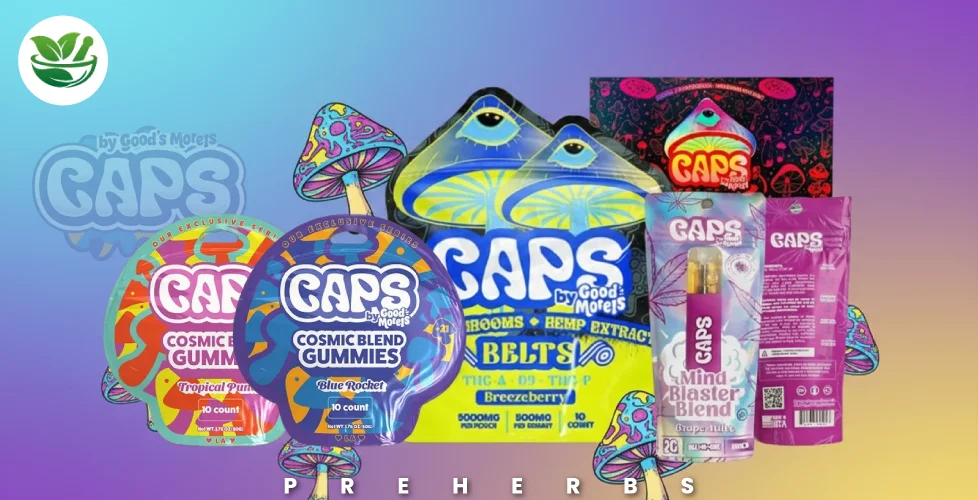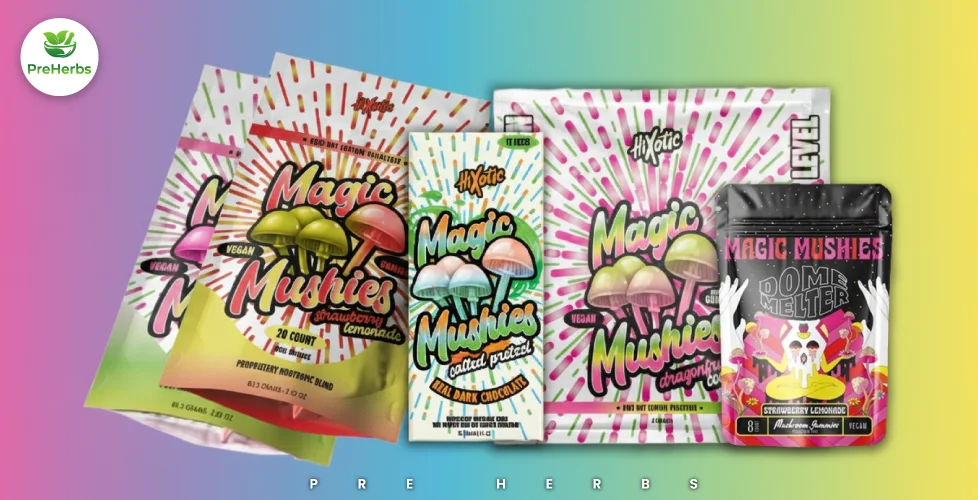Blue Lotus, scientifically known as Nymphaea caerulea, has captivated human interest for thousands of years. Originally revered in ancient Egypt for its spiritual and medicinal properties, it has recently seen a resurgence in popularity. This blog aims to explore whether Blue Lotus qualifies as a drug by examining its effects, uses, and legal status in contemporary society.
Related blog How to Use Dried Blue Lotus Flower in Herbal Teas
Historical Background
The Blue Lotus flower holds a significant place in the history of ancient Egypt. It was often depicted in art, mythology, and religious contexts, symbolizing creation and rebirth. The Egyptians utilized Blue Lotus for its perceived aphrodisiac properties and mild psychoactive effects. They would steep the flowers in wine, creating a concoction believed to induce euphoria and relaxation.
Chemical Composition and Effects
The primary psychoactive components of Blue Lotus are aporphine and nuciferine. These alkaloids interact with dopamine receptors in the brain, potentially producing a mild euphoria and sense of relaxation. Users report various effects, including:
- Relaxation: A calming sensation similar to mild sedatives.
- Euphoria: Light feelings of happiness and well-being.
- Aphrodisiac Effects: Enhanced libido and sexual arousal.
- Sleep Aid: Improved sleep quality due to its relaxing properties.
However, it is essential to note that these effects are generally mild compared to those of more potent psychoactive substances.
Related blog How to Use Organic Blue Lotus Flower in Your Daily Wellness Routine
Is Blue Lotus a Drug?
The term “drug” often carries connotations of legal restrictions and significant psychoactive effects. In a medical context, we define a drug as any substance that changes an organism’s physiology or psychology when consumed. Under this broad definition, we could consider Blue Lotus a drug due to its psychoactive properties. However, its effects are relatively mild, and we often categorize it more as a natural supplement or herbal remedy.
Related blog How to Grow Blue Lotus: Best Practices for Optimal Growth
Contemporary Uses
Today, Blue Lotus is available in various forms, including dried flowers, extracts, teas, and essential oils. It is commonly used for:
- Relaxation and Stress Relief: Taken in tea or as an extract to promote a sense of calm.
- Sleep Aid: Consumed before bedtime to aid in relaxation and improve sleep quality.
- Aphrodisiac: Used to enhance libido and sexual pleasure.
- Spiritual Practices: Incorporated into meditation and yoga routines for its calming effects.
Related blog What Does Smoking Blue Lotus Do? Exploring Its Effects and Benefits
Legal Status
The legal status of Blue Lotus varies significantly by country and region. In most places, it is legal to cultivate, sell, and consume Blue Lotus. However, there are some exceptions:
- United States: Blue Lotus is not a controlled substance and is legal to purchase and use. It is sold as an herbal supplement and is not regulated by the FDA.
- United Kingdom: Blue Lotus is legal to possess and sell. However, it is not approved for human consumption and is often sold for ornamental purposes.
- Canada: Similar to the UK, Blue Lotus is legal but not approved for ingestion.
- Australia: Blue Lotus is legal, but its use is subject to regulation, and it is often sold as a botanical specimen.
It is crucial for consumers to check the specific regulations in their country or region before purchasing or using Blue Lotus.
Related blog Does Blue Lotus Show Up on a Drug Test: What You Need to Know
Safety and Precautions
While Blue Lotus is generally considered safe, it is essential to use it responsibly. Potential side effects can include mild dizziness, nausea, and allergic reactions. Pregnant or breastfeeding women should not use it, and individuals with certain medical conditions or those taking specific medications should avoid it. Consulting with a healthcare professional before use is advisable.
Conclusion
Blue Lotus, with its rich historical background and mild psychoactive effects, occupies a unique space between herbal remedy and recreational substance. While it can be considered a drug under a broad definition, its legal status and effects are generally mild compared to more potent substances. As interest in natural and holistic health continues to grow, Blue Lotus remains a fascinating and accessible option for those seeking relaxation, spiritual enrichment, or a mild aphrodisiac.
Understanding its effects, uses, and legal status helps consumers make informed decisions and ensures the responsible enjoyment of this ancient and revered flower.



